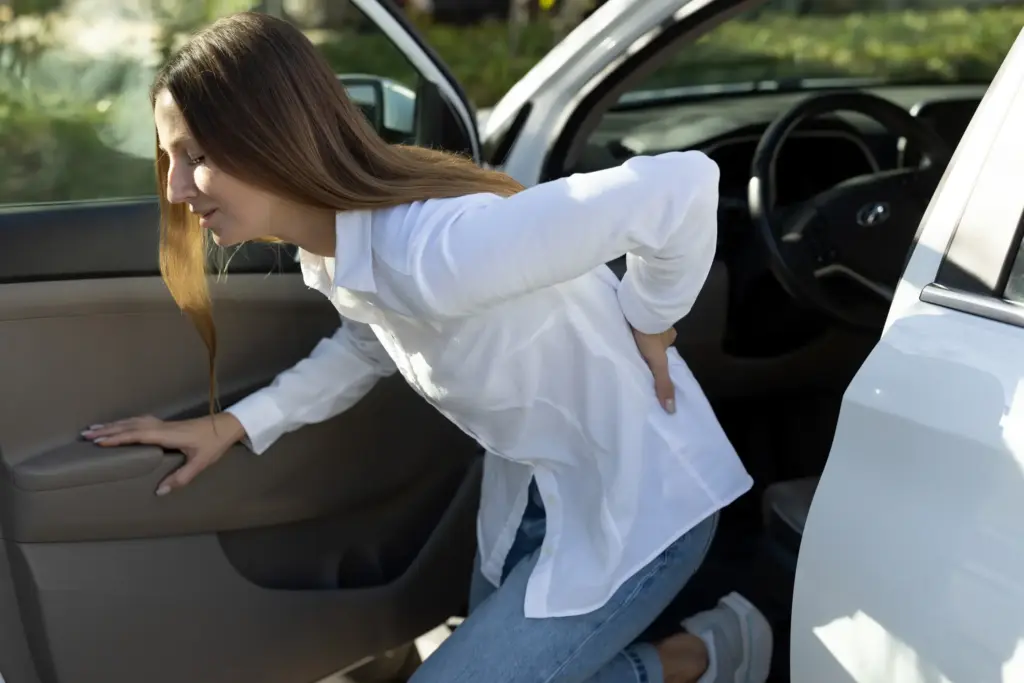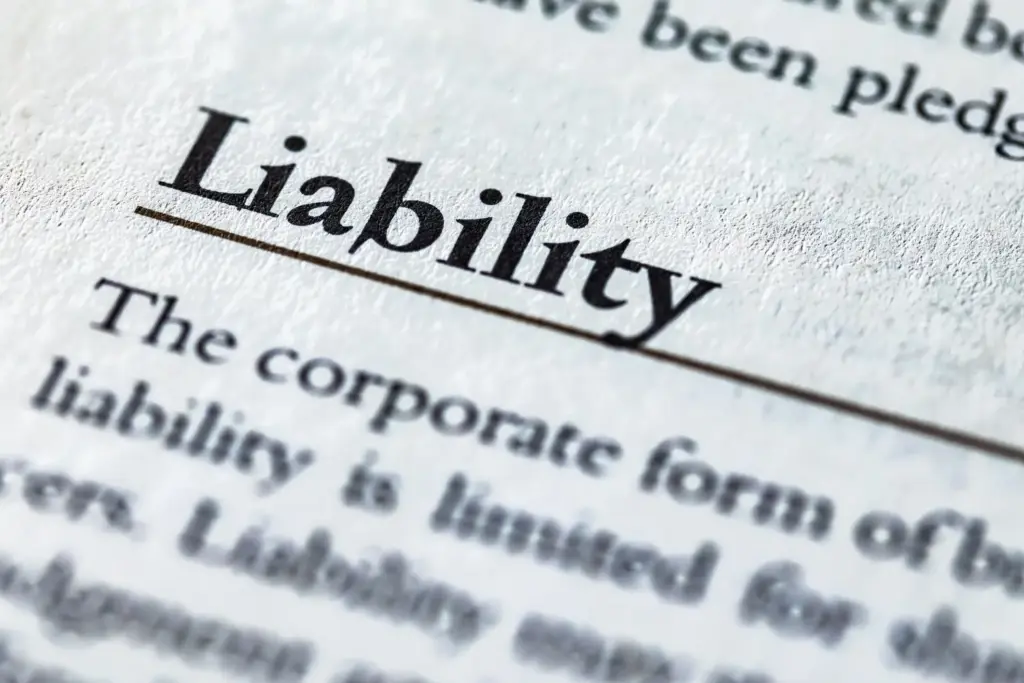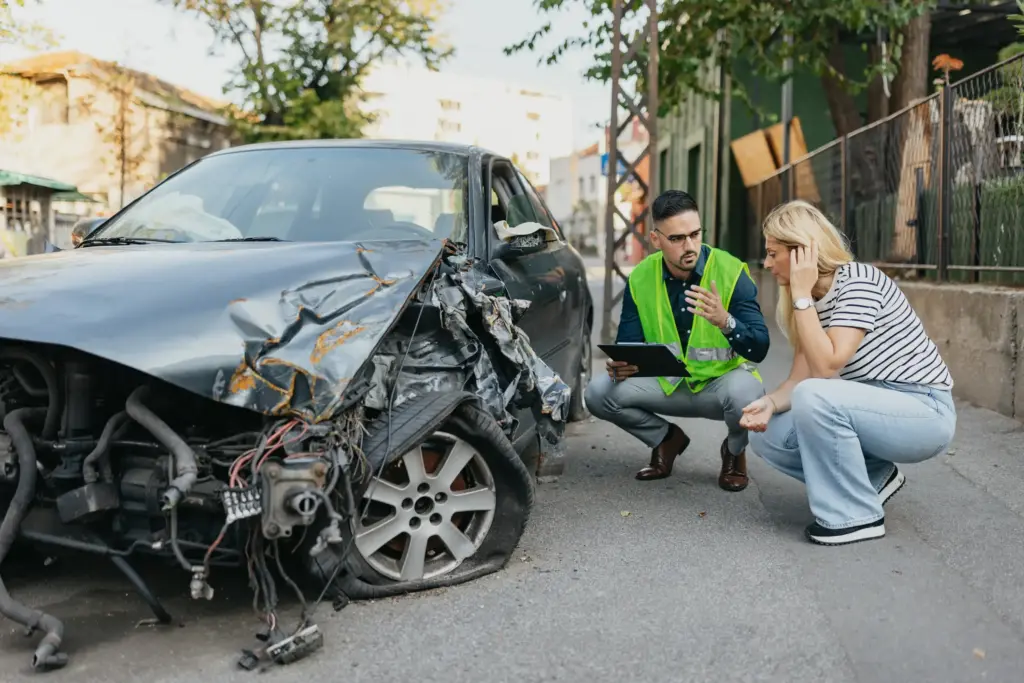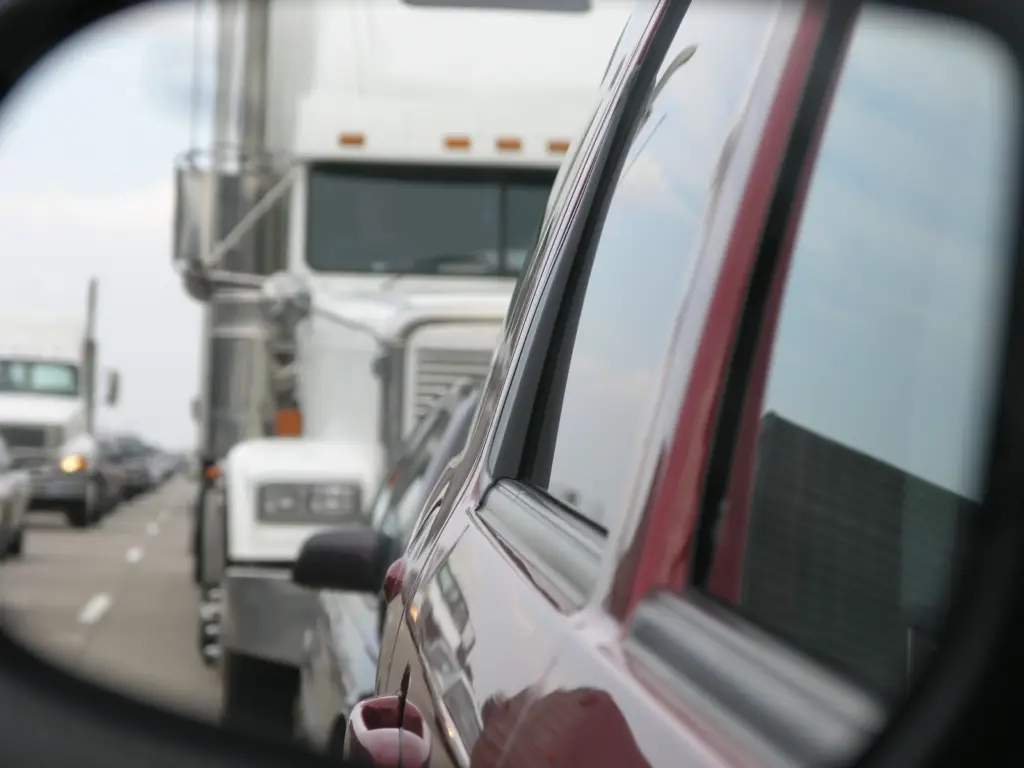Rear-end collisions are one of the most common types of car accidents, and are common in heavy traffic or in cases where a driver is not paying attention to the road. These crashes usually involve two vehicles, with one driver striking the back of the other due to various factors, such as distracted driving or abrupt stops.
While accidents happen, the rear driver is often held liable for failing to maintain a safe following distance or react in time to road changes. Even minor crashes can result in serious injuries, so it is important for injured victims to document the incident and seek medical attention immediately after to protect their safety and rights. Acquiring legal assistance is also a big step that can put them in the right direction to secure fair compensation.
At West Coast Trial Lawyers, our expert car accident attorneys are readily available to provide guidance and support to personal injury victims. We will gather evidence, like surveillance footage, witness statements, and repair records, to help strengthen your claim.
Our team will work diligently to make sure you are not blamed unfairly for the incident, and will remain dedicated to get you the compensation you deserve to help cover the losses you suffered as a result of the event. With more than 20 years of experience with personal injury cases, you can rely on us to follow through.
To book a FREE consultation, you can connect with our 24/7 legal team by calling (213) 927-3700 or completing our convenient online contact form.
What Is a Rear-End Crash?

Rear-end collisions happen when one vehicle strikes the back of another. Common scenarios that can result in this type of accident include the following:
- Distracted driving
- Sudden stops
- Brake checking
- Road rage
- Hazardous road conditions
- Mechanical issues
The term “rear-ended” signifies a type of car accident in which one vehicle crashes in the back of another. It usually means that the front of a trailing vehicle hits the rear of another in front of it. Being rear-ended can lead to various consequences, from minor bumper damage to serious injuries, all depending on the force of the impact.
According to the Insurance Information Institute (III), a total of 2,817 fatal rear-end accidents occurred across the United States in 2022. This accounted for 7.2% of total deadly crashes.
What Are the Common Injuries After Being Rear-Ended?
Common injuries after being rear-ended may range from mild to severe. The outcome will vary based on the speed of the initial contact and whether the vehicle occupants were restrained. A rear-end collision usually causes the body to jerk forward and backward aggressively, placing intense stress on numerous areas. The most common injuries in this type of accident include the following:
- Broken bones
- Spine injuries
- Traumatic brain injuries
- Head injuries
Anyone involved in a rear-end collision is heavily encouraged to seek assistance from a medical professional to check for any notable issues. Even if you feel like you sustained a minor injury, you should still get yourself checked just to be on the safe side.
What to Do When You Get Rear-Ended?
A rear-end collision can happen when you least expect it. Although it is easier said than done, you should try to respond immediately after the impact to help protect your safety and better your opportunity of securing reasonable compensation.
Contact 911
Remain at the accident scene and check yourself and others for visible or hidden injuries. Any noticeable harm or damages should be reported to local authorities. While waiting for emergency services to arrive, you should try to move yourself to a safer side of the road to avoid further collisions, if possible. Once help arrives, a police report will be created. You can ask for a copy to use in your personal injury claim. Paramedics may also be present to provide immediate medical care to the injured parties.
Seek Medical Attention
Get yourself examined by a medical professional as soon as you can. Rear-end crashes will often result in whiplash, concussions, or soft tissue injuries, which do not appear immediately after the impact. Seeking prompt care will prevent your condition from developing into a more serious problem. If left untreated, it may extend your recovery or result in permanent damage, thus affecting your day-to-day lifestyle.
Exchange Information
Be sure to exchange information with the other driver, such as:
- Name and contact details
- Driver’s license number
- License plate number
- Insurance provider info
- Vehicle make, model, and year
Collect Evidence
Take photos of any visible injuries, vehicle damage, skid marks, road conditions. Other pieces of evidence that can be helpful in a rear-end accident case include the following:
- CCTV footage
- Witness statements
- A copy of the police report and your medical records
Speak to an Experienced Car Accident Attorney
An experienced car accident attorney can help you prove fault, negotiate with insurance companies, and secure compensation to cover the losses you endured, such as medical bills, lost wages, and pain and suffering. Even if fault appears clear, insurers will still try to minimize your payout or shift blame onto you partially.
Acquiring legal representation will help ease the claims process, giving you time to focus on your recovery while your attorney defends your rights, handles the paperwork, and ensures you are not pressured into accepting a lowball offer.
Do I Have to Pay if I Get Rear-Ended?
You do not necessarily have to pay if you get rear-ended, especially if you were the driver in front. In many cases, the trailing driver will be identified as the at fault party since they are given the legal duty to maintain a safe following distance and prepare themselves for abrupt stops. This means that their auto insurance will be held responsible for vehicle repairs, medical bills, and other related expenses.
But, there are a few exceptions. If you somehow contributed to the rear-end collision, such as slamming your brakes for no reason or having non-functioning brake lights, you may be partially or fully liable under California’s comparative negligence rule. Under this law, all parties will have the ability to recover compensation. But, if you exhibited acts of reckless driving, your pay will be reduced according to your percentage of fault.
For instance, a distracted driver was 80% liable whereas you were 20% liable for having non-functioning brake lights. Total damages were $10,000, and considering your level of negligence, your payout was reduced to $8,000.
Whose Fault Is It if I Was Hit From Behind?
Fault in a rear-end accident will usually fall on the trailing driver, the one who hit the vehicle in front. This is because drivers must legally maintain a safe following distance and be prepared to make adjustments when met with different speed limits or traffic flow.
When a driver follows too closely, it will reduce their ability to react quickly to abrupt changes, making it difficult for them to avoid other vehicles or obstacles on the road. This especially applies if the lead driver brakes suddenly.
However, exceptions do exist. For instance, if the lead driver suddenly reversed or stopped without a clear reason, liability could be shared or blame will be shifted onto them instead.
Even if liability may seem obvious, it is important to gather substantial evidence to prove fault. A knowledgeable car accident attorney can help you with your case to ensure you receive fair compensation. Remember, you should not assume fault will be automatically assigned, legal guidance is often needed to reach a successful outcome in rear-end claims.
What Happens When You Get Rear-Ended and Hit the Car in Front of You?
If you get rear-ended and then hit a vehicle in front of you, it will be considered as a chain reaction or multi-vehicle accident. In most cases, the driver at fault for the initial impact, which is typically the rear-driver, will be held primarily liable for the entire sequence of crashes.
But, liability can be more difficult in such a situation. If you were pushed into the car ahead of you because of the force of the impact, and you were at a complete stop while maintaining a safe distance, you may not face legal consequences for hitting the driver in front of you. Now, if you were already too close to the vehicle ahead, you could share potential liability.
Insurance companies will initiate an investigation to determine who the liable party is for each particular sequence of the crash. If you are not found responsible for the incident, you may be entitled to full financial recovery. In cases like this, it would be ideal to reach out to an experienced attorney who specializes in personal injury.
How Much Money Should I Get if I Got Rear-Ended?
The amount of money you are granted in a rear-end accident will vary depending on multiple factors. Below are some that will be heavily considered when calculating your settlement value:
- The extent of your injury
- Percentage of fault
- Current and future medical expenses
- Lost wages and earning capacity
Since each case is unique, it is difficult to provide an exact amount without assessing specific details pertaining to the incident. However, you can use our personal injury settlement calculator to get an estimate of what you could be entitled to simply by inputting the losses you sustained as a result of the rear-end collision.
Should I Call My Insurance if I Got Rear-Ended?
You should call your insurance after a rear-end accident. But, it is often recommended to consult with a personal injury attorney first. They will handle the complex insurance claims process and advocate on your behalf throughout the duration of your case.
It may seem like a rear-end collision is straightforward, but insurance companies may try to minimize payouts or dispute fault. Your attorney will gather evidence and negotiate a settlement on your behalf, ensuring you are awarded fair compensation to help cover the cost of medical bills, vehicle damage, lost wages, and other expenses you incurred due to the crash.
With that being said, contacting your insurance company is necessary to follow your policy, but primarily relying on them can leave you in a vulnerable position. Having a reliable attorney on your side will give you an advocate who will work diligently to fight for your interests, handle paperwork, and help you avoid making mistakes that could be detrimental to the outcome of your personal injury case.
What Are the Rear-End Accident Laws in Other States?
Rear-end accidents can be legally complicated. Although these crashes may seem straightforward, each state has its own unique rules established to cover fault, liability, and accident reporting. Let’s take a closer look at what respective laws Nevada, Arizona, and Washington have enforced for rear-end collisions:
- Nevada follows a modified comparative negligence rule, meaning that you may only be entitled to recover damages if you are less than 50% at fault (NRS 41.141). The state requires such accidents to be reported if injury, death, or property damage over $750 are involved (NRS 484E.030 and 484E.070).
- Arizona complies with the pure comparative negligence system (ARS § 12-2505). So, you may still be eligible to secure compensation even if you are 99% liable, but damages will be reduced according to your percentage of fault. Crashes that involve bodily harm, fatalities, or over $2,000 in damage will need to be reported by a law enforcement officer or a public employee to the Arizona Department of Transportation (ARS § 28-667).
- Washington acts in accordance with the pure comparative negligence law (RCW 4.22.005). Rear-end collisions must be notified to the Department of Licensing if injury, death, or property damage of $500 or more occurred at the accident scene (RCW 46.52.030).
Involved in a Rear-End Collision? Let West Coast Trial Lawyers Fight for Your Rights
If you suffered injuries as a result of a rear-end accident and are interested in suing the at fault driver for the damages you sustained, West Coast Trial Lawyers is here to help. Our team will review the circumstances involved and determine whether you are fully or partially liable. We will also communicate with insurance companies and challenge claims on your behalf to ensure you are given a favorable settlement.
To book a FREE consultation, you can get in touch with us by calling (213) 927-3700 or filling out our quick online contact form.
Frequently Asked Questions About Rear-End Accidents










































































